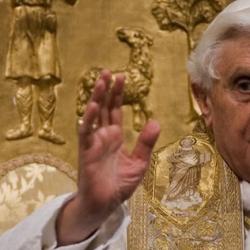The NYT‘s obituary for Oliver Sacks mentions that his 2007 Musicophilia was written partly in response to Steven Pinker’s claim that music is “auditory cheesecake, an evolutionary accident piggybacking on language.”
Sacks “pointed to [music’s] ability to reach dementia patients as evidence that music appreciation is hard-wired into the brain.” He said in a lecture at Columbia in 2006 that “I haven’t heard of a human being who isn’t musical, or who doesn’t respond to music one way or another . . . I think we are an essentially, profoundly musical species. And I don’t know whether — for all I know, language piggybacked on music.”
In the book, Sacks describes a patient named Martin, who suffered meningitis at the age of three and was never mentally normal afterwards. He spent hours listening to operas and by the time Sacks met him in 1984, he claimed to have more than 2000 operates memorized, along with Messiah, the Christmas Oratorio, and all the Bach cantats. Sacks writes: “it was not just the melodies that he remembered. He had learned, by listening to performances, what every instrument played, what every voice sang. When I played him a piece by Debussy that he had never heard, he was able to repeat it, almost flawlessly, on the piano. He then transposed it into different keys and extemporized on it a little, in a Debussyan way. He could grasp the rules and the conventions of any music he heard, even if it was unfamiliar or not to his taste.”
No wonder he said, “I think Mozart makes me a better neurologist.”















